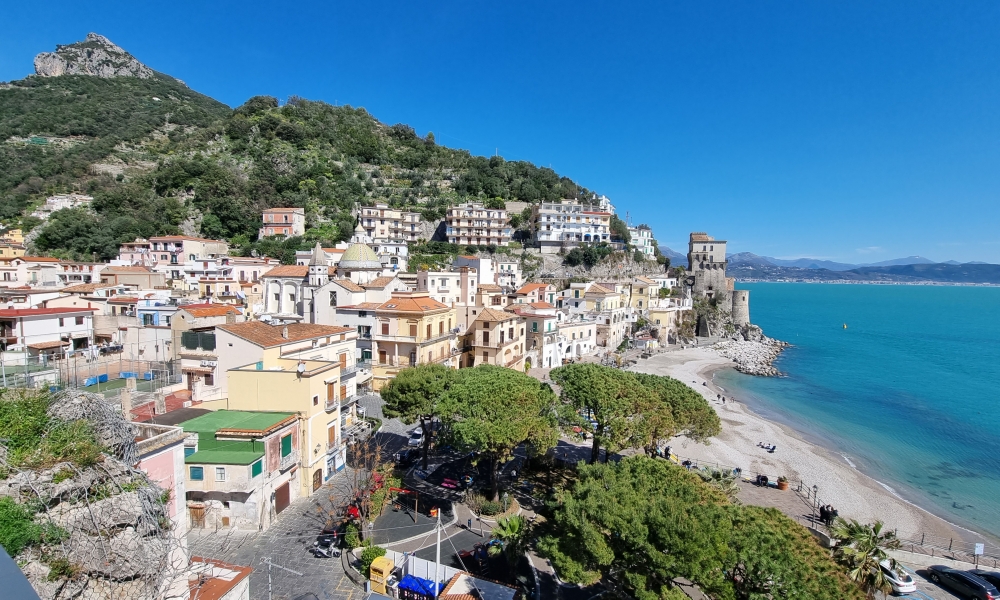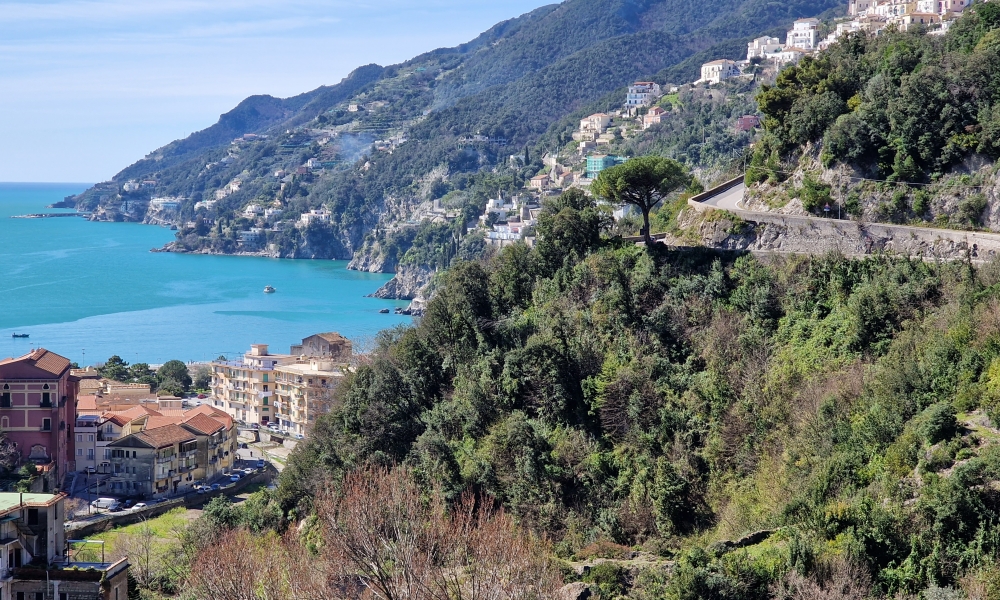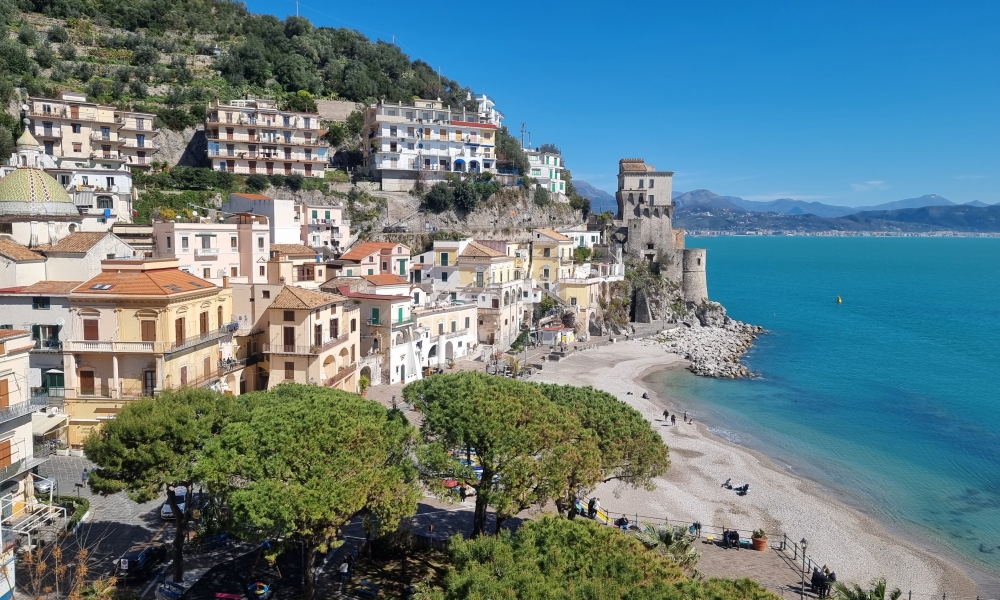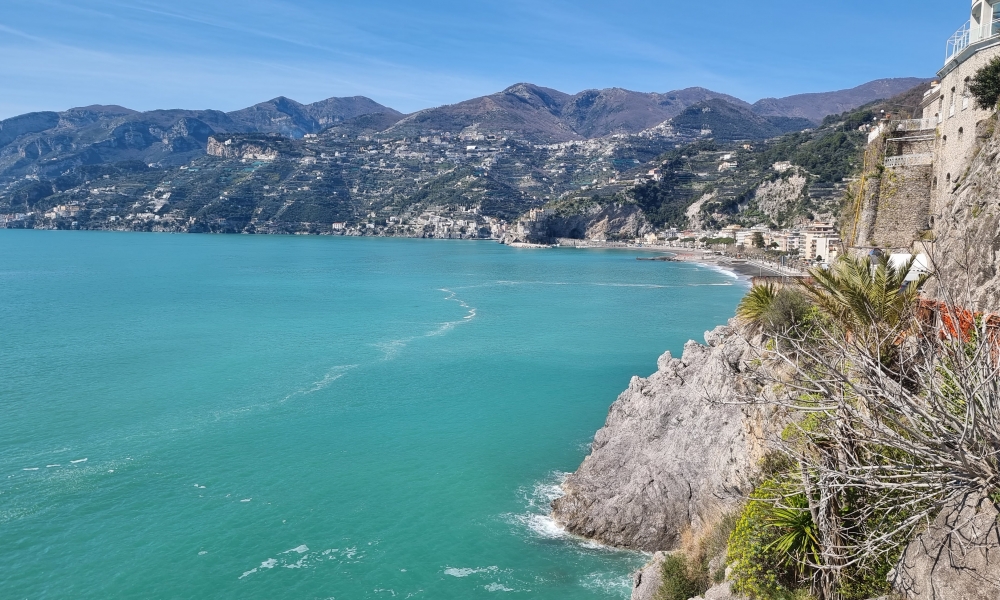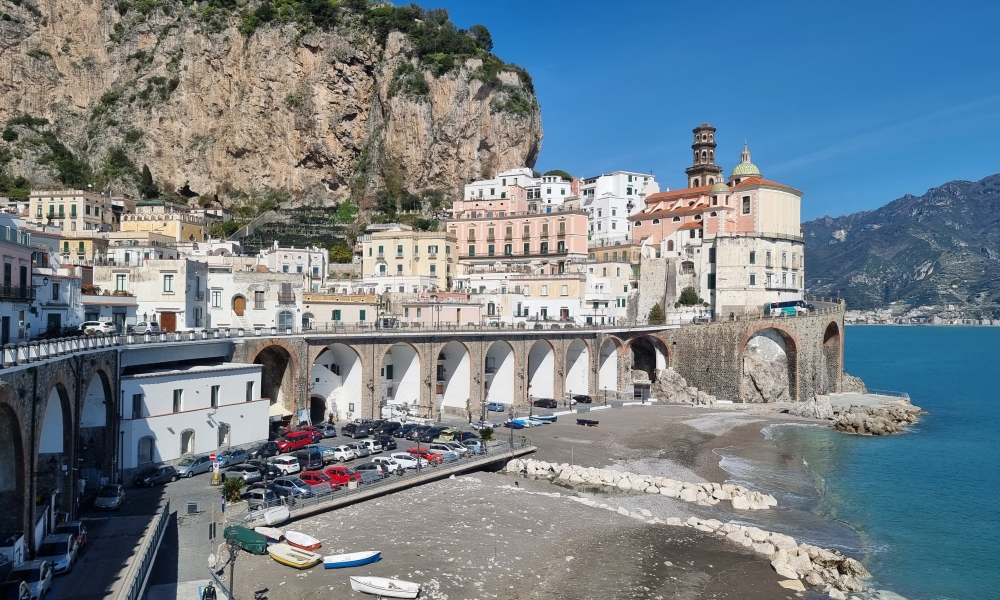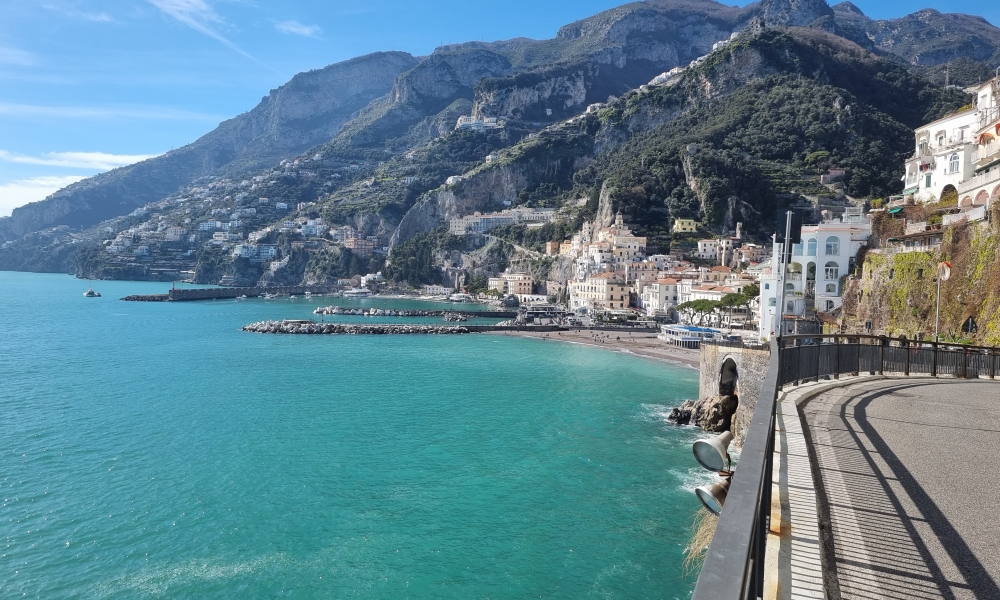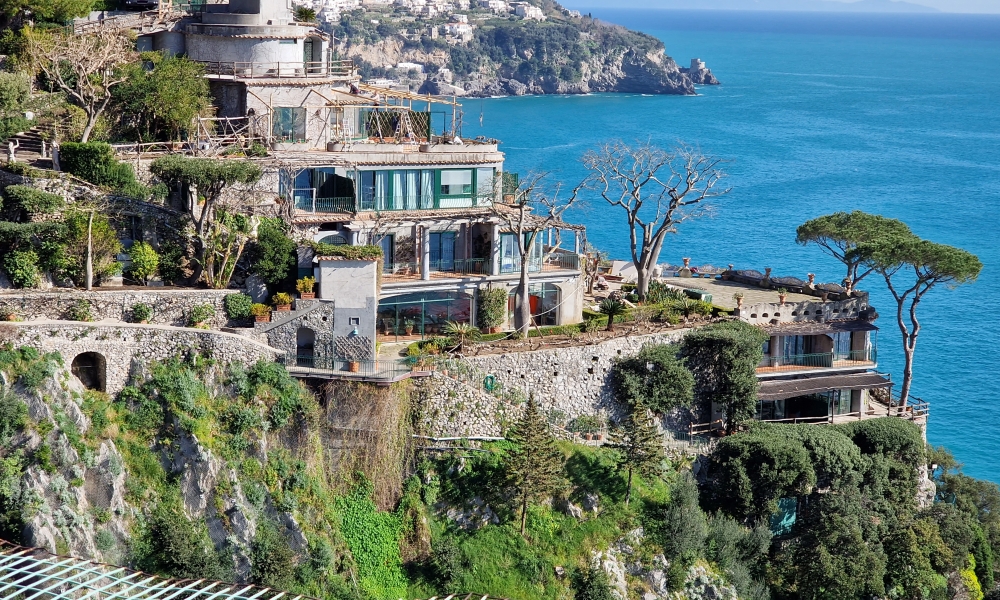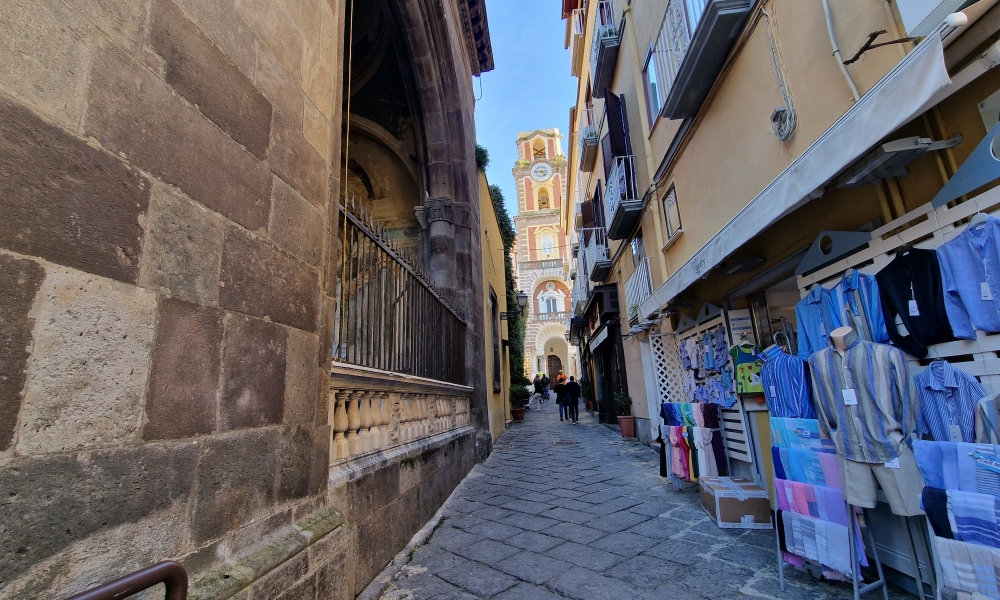Visiting the Amalfi Coast based in Pompeii
Recommended Season: All year
Starting Country: Italy
Recommended time: 2 days
Recommended vehicle: Moto
Distance to travel: 140
One of our biggest concerns was how to visit the Amalfi Coast since we are traveling in a motorhome and it is not exactly the right vehicle to pass on that road. As we had just arrived in Pompeii, in conversation with the person in charge of the park, I asked the best way to visit the coast, which he promptly replied: Scooter. You won't have traffic problems, you won't have problems stopping to take pictures and you won't have parking problems and you'll be able to visit the villages along the coast without having to walk up and down the hill. That's what we did, we rented a scooter and in one day we visited the Amalfi Coast at leisure, leaving and returning to the campervan park in Pompeii.
The Amalfi Coast is a coastal region in southern Italy, situated on the coast of the Tyrrhenian Sea, in the province of Salerno, in the Campania region. This region is known for its stunning natural beauty, as well as its charming towns and villages, built on steep slopes and on terraces stretching down to the sea.
The Amalfi Coast is one of the most popular tourist destinations in Italy, attracting visitors from all over the world. One of the reasons for this popularity is the incredible coastal landscape, characterized by steep cliffs, picturesque beaches, secluded bays and crystal blue sea.
Another attraction of the region are the towns and villages that make it up, each with its own personality and charm. Some of the most popular destinations on the Amalfi Coast include Positano, Amalfi, Ravello and Praiano, each with its own history and tourist attractions.
Positano, for example, is known for its colorful Mediterranean-style houses and for its elegant shops and sophisticated restaurants. Amalfi, on the other hand, is famous for its impressive Romanesque cathedral and for its handmade paper production. Ravello is a peaceful and charming place known for its gardens and the beautiful Villa Rufolo, while Praiano is a less crowded destination with secluded beaches and incredible views.
In addition to the towns and villages, the Amalfi Coast is also known for its local cuisine, which includes delicious dishes such as fresh seafood, handmade pasta and limoncello, an alcoholic drink made with local lemons.
In summary, the Amalfi Coast is an enchanting and diverse region, offering visitors a unique and unforgettable experience of Italy. With its stunning scenery, picturesque towns, delicious cuisine and laid-back lifestyle, it's easy to see why it's one of the most popular tourist destinations in the world.
Video of the Amalfi Coast on a Scooter

The Amalfi Coast is a coastal region in southern Italy, situated on the coast of the Tyrrhenian Sea, in the province of Salerno, in the Campania region. This region is known for its stunning natural beauty, as well as its charming towns and villages, built on steep slopes and on terraces stretching down to the sea.
The Amalfi Coast is one of the most popular tourist destinations in Italy, attracting visitors from all over the world. One of the reasons for this popularity is the incredible coastal landscape, characterized by steep cliffs, picturesque beaches, secluded bays and crystal blue sea.
Another attraction of the region are the towns and villages that make it up, each with its own personality and charm. Some of the most popular destinations on the Amalfi Coast include Positano, Amalfi, Ravello and Praiano, each with its own history and tourist attractions.
Positano, for example, is known for its colorful Mediterranean-style houses and for its elegant shops and sophisticated restaurants. Amalfi, on the other hand, is famous for its impressive Romanesque cathedral and for its handmade paper production. Ravello is a peaceful and charming place known for its gardens and the beautiful Villa Rufolo, while Praiano is a less crowded destination with secluded beaches and incredible views.
In addition to the towns and villages, the Amalfi Coast is also known for its local cuisine, which includes delicious dishes such as fresh seafood, handmade pasta and limoncello, an alcoholic drink made with local lemons.
In summary, the Amalfi Coast is an enchanting and diverse region, offering visitors a unique and unforgettable experience of Italy. With its stunning scenery, picturesque towns, delicious cuisine and laid-back lifestyle, it's easy to see why it's one of the most popular tourist destinations in the world.
Video of the Amalfi Coast on a Scooter

The trip
The Terrace Of Hermès, Camper Stop Area(camper)
Lat: 40.760939 - Lon: 14.492400
N: 40° 45' 39.3804 " E: 14° 29' 32.64"
N: 40° 45' 39.3804 " E: 14° 29' 32.64"
Very well located, overlooking Vesuvius, this service area for motorhomes has an excellent support service and conditions.
Located relatively close to the ruins of Pompeii, and close to the train station to visit the ruins of Ercolano, Naples and Sorrento.
We made our base here, we were very well received and there are even panoramic helicopter flights available for customers.
All the information about this park in the following link
La Terrazza de Hermès Park
Located relatively close to the ruins of Pompeii, and close to the train station to visit the ruins of Ercolano, Naples and Sorrento.
We made our base here, we were very well received and there are even panoramic helicopter flights available for customers.
All the information about this park in the following link
La Terrazza de Hermès Park
Vietri sul Mare
Lat: 40.670886 - Lon: 14.729400
N: 40° 40' 15.1896 " E: 14° 43' 45.84"
N: 40° 40' 15.1896 " E: 14° 43' 45.84"
Vietri sul Mare is a coastal town in the Campania region of Italy. It is known as the "City of Ceramics", due to its rich tradition in the production of handmade ceramics.
The city is surrounded by beautiful mountains and has a rocky coastline with beaches and coves. Its historic center is made up of narrow and winding streets, full of ceramic shops, restaurants and cafes.
Ceramic production in Vietri sul Mare dates back to the 15th century. The city is known for its colorful ceramics, which feature geometric and floral designs. Vietri pottery is highly prized for its quality and beauty, and is sold all over the world.
One of the main sights in Vietri sul Mare is the Cathedral of St. John the Baptist, which was built in the 17th century. The cathedral has a facade of colorful tiles and an interior richly decorated with frescoes and religious artwork.
Another popular attraction in Vietri sul Mare is Villa Guariglia, a mansion built in the 18th century that now houses a museum of modern art. The villa has a beautiful garden with panoramic views of the sea and surrounding mountains.
Furthermore, Vietri sul Mare has many stunning beaches such as Spiaggia di Marina di Vietri and Spiaggia della Crestarella. Visitors can enjoy activities such as swimming, snorkeling and boating at these beaches.
The city is also known for its delicious cuisine, with dishes such as fresh seafood, pasta and limoncello.
With its rich pottery history, beautiful beaches and cultural attractions, Vietri sul Mare is an enchanting tourist destination in Italy.
The city is surrounded by beautiful mountains and has a rocky coastline with beaches and coves. Its historic center is made up of narrow and winding streets, full of ceramic shops, restaurants and cafes.
Ceramic production in Vietri sul Mare dates back to the 15th century. The city is known for its colorful ceramics, which feature geometric and floral designs. Vietri pottery is highly prized for its quality and beauty, and is sold all over the world.
One of the main sights in Vietri sul Mare is the Cathedral of St. John the Baptist, which was built in the 17th century. The cathedral has a facade of colorful tiles and an interior richly decorated with frescoes and religious artwork.
Another popular attraction in Vietri sul Mare is Villa Guariglia, a mansion built in the 18th century that now houses a museum of modern art. The villa has a beautiful garden with panoramic views of the sea and surrounding mountains.
Furthermore, Vietri sul Mare has many stunning beaches such as Spiaggia di Marina di Vietri and Spiaggia della Crestarella. Visitors can enjoy activities such as swimming, snorkeling and boating at these beaches.
The city is also known for its delicious cuisine, with dishes such as fresh seafood, pasta and limoncello.
With its rich pottery history, beautiful beaches and cultural attractions, Vietri sul Mare is an enchanting tourist destination in Italy.
Cetara
Lat: 40.647406 - Lon: 14.703705
N: 40° 38' 50.6616 " E: 14° 42' 13.338"
N: 40° 38' 50.6616 " E: 14° 42' 13.338"
The city of Cetara is known for its beautiful beaches, blue sea and its famous fishing tradition, which dates back centuries.
The city of Cetara has a long history, dating back to ancient times when it was known as Cis Herae. The city was an important port for the ancient city of Salerno, which is about 6 km to the north. During the Middle Ages, Cetara became an important center for maritime trade, thanks to its strategic location on the coast.
Today, Cetara is a small town with around 2,000 inhabitants, which lives mainly from fishing and tourism. The fishermen of Cetara are famous for their fishing technique known as "colatura di alici", a sauce made by fermenting the liquid that oozes from the anchovies while they are cured. This sauce is used to season pasta and other typical dishes of the local cuisine.
Additionally, Cetara is known for its beaches, including Cetara Beach, which is a small pebble beach that adjoins the town's port. There is also Erchie Beach, which is about 2 km east of Cetara, and Maiori Beach, which is about 6 km west of the city.
Cetara is also known for its festivals and celebrations, such as the feast of San Pedro, patron saint of fishermen, which takes place every year on June 29th. During the feast, there is a maritime procession and a fish feast.
In summary, Cetara is a beautiful coastal town with a long history and fishing tradition. It is a peaceful and charming place, which attracts tourists in search of beautiful beaches, delicious food and a relaxing atmosphere.
The city of Cetara has a long history, dating back to ancient times when it was known as Cis Herae. The city was an important port for the ancient city of Salerno, which is about 6 km to the north. During the Middle Ages, Cetara became an important center for maritime trade, thanks to its strategic location on the coast.
Today, Cetara is a small town with around 2,000 inhabitants, which lives mainly from fishing and tourism. The fishermen of Cetara are famous for their fishing technique known as "colatura di alici", a sauce made by fermenting the liquid that oozes from the anchovies while they are cured. This sauce is used to season pasta and other typical dishes of the local cuisine.
Additionally, Cetara is known for its beaches, including Cetara Beach, which is a small pebble beach that adjoins the town's port. There is also Erchie Beach, which is about 2 km east of Cetara, and Maiori Beach, which is about 6 km west of the city.
Cetara is also known for its festivals and celebrations, such as the feast of San Pedro, patron saint of fishermen, which takes place every year on June 29th. During the feast, there is a maritime procession and a fish feast.
In summary, Cetara is a beautiful coastal town with a long history and fishing tradition. It is a peaceful and charming place, which attracts tourists in search of beautiful beaches, delicious food and a relaxing atmosphere.
Maiori
Lat: 40.648598 - Lon: 14.639823
N: 40° 38' 54.9528 " E: 14° 38' 23.3628"
N: 40° 38' 54.9528 " E: 14° 38' 23.3628"
Maiori is the largest city on the Amalfi Coast in terms of land area and has a population of around 6,000.
The city has a long history, dating back to ancient times when it was known as Rheginna Maior. During the Middle Ages, Maiori was an important center for maritime trade, thanks to its strategic location on the coast. The city suffered a lot of damage during World War II, but it has been rebuilt and is now a popular tourist destination.
Maiori is known for its beaches and stunning scenery. The town has a large sandy beach, which is one of the largest on the Amalfi Coast, and is popular with tourists who come to the town to enjoy the sun and the crystal clear waters of the Tyrrhenian Sea. There are also several other smaller beaches such as Playa de Erchie and Playa de Minori which are just a few kilometers from Maiori.
In addition to the beaches, the city has many other interesting sights, including the Cathedral of Santa Maria a Mare, which was built in the 9th century and features beautiful frescoes and paintings. Other highlights include the Torre Normanna, a 13th-century watchtower, and the Villa Romana, an ancient Roman villa with beautiful mosaics.
Local cuisine is also a big draw for visitors. Maiori is known for its seafood dishes, such as "scialatielli ai frutti di mare", a homemade pasta with seafood, and "triglia alla Maiore", a fish dish typical of the region.
In short, Maiori is a beautiful coastal town with a rich history and culture. It is a popular tourist destination on the Amalfi Coast, thanks to its beaches, sights, cuisine and stunning scenery.
The city has a long history, dating back to ancient times when it was known as Rheginna Maior. During the Middle Ages, Maiori was an important center for maritime trade, thanks to its strategic location on the coast. The city suffered a lot of damage during World War II, but it has been rebuilt and is now a popular tourist destination.
Maiori is known for its beaches and stunning scenery. The town has a large sandy beach, which is one of the largest on the Amalfi Coast, and is popular with tourists who come to the town to enjoy the sun and the crystal clear waters of the Tyrrhenian Sea. There are also several other smaller beaches such as Playa de Erchie and Playa de Minori which are just a few kilometers from Maiori.
In addition to the beaches, the city has many other interesting sights, including the Cathedral of Santa Maria a Mare, which was built in the 9th century and features beautiful frescoes and paintings. Other highlights include the Torre Normanna, a 13th-century watchtower, and the Villa Romana, an ancient Roman villa with beautiful mosaics.
Local cuisine is also a big draw for visitors. Maiori is known for its seafood dishes, such as "scialatielli ai frutti di mare", a homemade pasta with seafood, and "triglia alla Maiore", a fish dish typical of the region.
In short, Maiori is a beautiful coastal town with a rich history and culture. It is a popular tourist destination on the Amalfi Coast, thanks to its beaches, sights, cuisine and stunning scenery.
Atrani
Lat: 40.635822 - Lon: 14.608738
N: 40° 38' 8.9591999999998 " E: 14° 36' 31.4568"
N: 40° 38' 8.9591999999998 " E: 14° 36' 31.4568"
Also the city of Atrani has a rich history dating back to ancient times.
Atrani was originally a Roman colony, founded around the 3rd century BC. During the Middle Ages, the city became an important center for maritime trade, thanks to its strategic location on the coast.
The city was also an important fortress during the Middle Ages, with several watchtowers built to protect the city from attacks by pirates and invaders.
During the 19th century, Atrani underwent a period of urban renewal, with the construction of new buildings and infrastructure. However, the city was badly damaged during World War II, and much of its historic architecture was lost.
Today, Atrani is a small town of around 1,000 that retains many aspects of its history and culture. The city is known for its traditional architecture, with narrow, winding streets and historic buildings. Atrani is also famous for its main church, the Church of San Salvatore de Birecto, which dates back to the 10th century and features a beautiful baroque façade.
The town is also a popular destination for tourists visiting the Amalfi Coast, thanks to its picturesque beaches, such as Atrani Beach, which sits in a valley between two mountains. There are also several hiking trails in the nearby hills, which offer stunning views of the coast and sea.
In summary, Atrani is a small but charming town with a rich history and culture. It is a peaceful and relaxing place that attracts tourists looking for beautiful beaches, picturesque landscapes and an authentic and traditional atmosphere.
Atrani was originally a Roman colony, founded around the 3rd century BC. During the Middle Ages, the city became an important center for maritime trade, thanks to its strategic location on the coast.
The city was also an important fortress during the Middle Ages, with several watchtowers built to protect the city from attacks by pirates and invaders.
During the 19th century, Atrani underwent a period of urban renewal, with the construction of new buildings and infrastructure. However, the city was badly damaged during World War II, and much of its historic architecture was lost.
Today, Atrani is a small town of around 1,000 that retains many aspects of its history and culture. The city is known for its traditional architecture, with narrow, winding streets and historic buildings. Atrani is also famous for its main church, the Church of San Salvatore de Birecto, which dates back to the 10th century and features a beautiful baroque façade.
The town is also a popular destination for tourists visiting the Amalfi Coast, thanks to its picturesque beaches, such as Atrani Beach, which sits in a valley between two mountains. There are also several hiking trails in the nearby hills, which offer stunning views of the coast and sea.
In summary, Atrani is a small but charming town with a rich history and culture. It is a peaceful and relaxing place that attracts tourists looking for beautiful beaches, picturesque landscapes and an authentic and traditional atmosphere.
Amalfi
Lat: 40.633991 - Lon: 14.604519
N: 40° 38' 2.3676 " E: 14° 36' 16.2684"
N: 40° 38' 2.3676 " E: 14° 36' 16.2684"
The city of Amalfi is believed to have been founded in the 6th century, during the Byzantine period, when the region was known as the Duchy of Amalfi. However, there are reports that the city already existed before this period, as a Roman settlement.
During the Middle Ages, Amalfi was an important commercial and maritime center, rivaling other cities in the region such as Naples and Salerno. The city was known for its production of silk, paper, and dyes, as well as its shipbuilding skills. From the 10th century, Amalfi became an important port for maritime trade in the Mediterranean, which brought great wealth to the city.
In the 12th century, Amalfi came under the rule of the Normans, who maintained the city as an important commercial center. However, over time, the city lost its prominent position, mainly due to natural disasters such as earthquakes and tsunamis, which affected the region. In addition, the discovery of alternative trade routes ended up harming Amalfi's trade.
In the following centuries, the city went through different phases of prosperity and decline, until it became a popular tourist destination in the 20th century. Today, Amalfi is famous for its beautiful coastal landscape, with mountains and sea, as well as its historical and cultural architecture. The city is a UNESCO World Heritage Site and attracts visitors from all over the world.
During the Middle Ages, Amalfi was an important commercial and maritime center, rivaling other cities in the region such as Naples and Salerno. The city was known for its production of silk, paper, and dyes, as well as its shipbuilding skills. From the 10th century, Amalfi became an important port for maritime trade in the Mediterranean, which brought great wealth to the city.
In the 12th century, Amalfi came under the rule of the Normans, who maintained the city as an important commercial center. However, over time, the city lost its prominent position, mainly due to natural disasters such as earthquakes and tsunamis, which affected the region. In addition, the discovery of alternative trade routes ended up harming Amalfi's trade.
In the following centuries, the city went through different phases of prosperity and decline, until it became a popular tourist destination in the 20th century. Today, Amalfi is famous for its beautiful coastal landscape, with mountains and sea, as well as its historical and cultural architecture. The city is a UNESCO World Heritage Site and attracts visitors from all over the world.
Positano
Lat: 40.630190 - Lon: 14.485196
N: 40° 37' 48.684 " E: 14° 29' 6.7056"
N: 40° 37' 48.684 " E: 14° 29' 6.7056"
The city of Positano is famous for its beautiful beaches, breathtaking views of the Mediterranean Sea and characteristic architecture of colorful cascading houses.
Positano's founding dates back to the Roman period, when the city was an important stopover for travelers traveling along the coast. During the Middle Ages, Positano was a thriving town of merchants and artisans producing silk, linen and paper.
In the 19th century, the city experienced an economic decline due to competition from other centers of silk production, but from the 1950s onwards, Positano became a popular tourist destination, attracting visitors from all over the world. The city has also become a haven for artists and writers, such as John Steinbeck, who described the beauty of Positano in an essay published in 1953.
Today, Positano is one of the most popular tourist destinations in Italy, with its beaches, restaurants and boutiques attracting millions of visitors every year. The town is known for its unique architecture, with colorful cascading houses built into steep hills, offering stunning views of the sea. The main beach in Positano is Spiaggia Grande, a large strip of sand in the center of town, surrounded by restaurants and shops.
In addition to its natural beauties, Positano is also known for its gastronomy, with many restaurants serving typical dishes from the region, such as scialatielli alla Nerano, a type of pasta with zucchini and parmesan cheese. The city is also home to many festivals and events throughout the year, including the Festa di Santa Maria Assunta on August 15th, which celebrates the city's patron saint.
All in all, Positano is a charming town that has been an important economic and tourist center for centuries, attracting visitors with its natural beauty and unique architecture, as well as its rich gastronomic culture and history.
Positano's founding dates back to the Roman period, when the city was an important stopover for travelers traveling along the coast. During the Middle Ages, Positano was a thriving town of merchants and artisans producing silk, linen and paper.
In the 19th century, the city experienced an economic decline due to competition from other centers of silk production, but from the 1950s onwards, Positano became a popular tourist destination, attracting visitors from all over the world. The city has also become a haven for artists and writers, such as John Steinbeck, who described the beauty of Positano in an essay published in 1953.
Today, Positano is one of the most popular tourist destinations in Italy, with its beaches, restaurants and boutiques attracting millions of visitors every year. The town is known for its unique architecture, with colorful cascading houses built into steep hills, offering stunning views of the sea. The main beach in Positano is Spiaggia Grande, a large strip of sand in the center of town, surrounded by restaurants and shops.
In addition to its natural beauties, Positano is also known for its gastronomy, with many restaurants serving typical dishes from the region, such as scialatielli alla Nerano, a type of pasta with zucchini and parmesan cheese. The city is also home to many festivals and events throughout the year, including the Festa di Santa Maria Assunta on August 15th, which celebrates the city's patron saint.
All in all, Positano is a charming town that has been an important economic and tourist center for centuries, attracting visitors with its natural beauty and unique architecture, as well as its rich gastronomic culture and history.
Sorrento
Lat: 40.626293 - Lon: 14.375992
N: 40° 37' 34.6548 " E: 14° 22' 33.5712"
N: 40° 37' 34.6548 " E: 14° 22' 33.5712"
Sorrento is a beautiful Italian city located on the Amalfi Coast, famous for its history, culture, gastronomy, wines and its stunning beaches.
History:
Sorrento has an ancient history dating back to pre-Roman times. The city was occupied by Greeks, Romans, Byzantines, Normans and other peoples over the centuries. During the Middle Ages, Sorrento was a prosperous city and an important commercial center. During the Renaissance, the city became a popular destination for artists and intellectuals of the time.
Culture:
Sorrento's culture is rich and diverse. The city is known for its pottery art, which is an ancient tradition. Sorrento's traditional music is the Tarantella, which is danced at festivals and celebrations. The city is also famous for its lemons, which are used to make delicious limoncello, a sweet liqueur.
Economy:
Sorrento's economy is mainly based on tourism. The city attracts many visitors for its beautiful beaches, picturesque landscapes, rich history and vibrant culture. In addition to tourism, the city is also known for its production of lemons and olive oil.
Population:
Sorrento has a population of around 16,000.
Regina Giovanna Beach:
Regina Giovanna beach is one of the most famous beaches in Sorrento. Situated about 3 km from the city center, the beach offers incredible views of the sea and the surrounding mountains.
Hotels and restaurants:
Sorrento offers a wide range of hotels and restaurants. There are luxury hotels, such as the Grand Hotel Excelsior Vittoria, which is considered one of the most elegant hotels in the city, as well as more affordable hotels, such as the Hotel Mignon. In terms of restaurants, there are many good places to eat in Sorrento, such as Il Buco restaurant, which serves traditional Italian dishes, and La Lanterna restaurant, which is known for its Mediterranean cuisine.
Wines:
Sorrento is known for its local wines, such as Sorrento Rosso, which is made from local grapes and has an intense, rich flavor. Other popular wines from the region include Falanghina, Aglianico and Greco di Tufo.
Main tourist attractions:
Sorrento has many interesting sights to visit, such as the Cathedral of Sorrento, the Correale Museum, the Vallone dei Mulini and the Convento di San Francesco. In addition, the city is a great starting point for exploring the Amalfi Coast, with nearby towns such as Positano, Amalfi and Ravello also being popular tourist destinations.
History:
Sorrento has an ancient history dating back to pre-Roman times. The city was occupied by Greeks, Romans, Byzantines, Normans and other peoples over the centuries. During the Middle Ages, Sorrento was a prosperous city and an important commercial center. During the Renaissance, the city became a popular destination for artists and intellectuals of the time.
Culture:
Sorrento's culture is rich and diverse. The city is known for its pottery art, which is an ancient tradition. Sorrento's traditional music is the Tarantella, which is danced at festivals and celebrations. The city is also famous for its lemons, which are used to make delicious limoncello, a sweet liqueur.
Economy:
Sorrento's economy is mainly based on tourism. The city attracts many visitors for its beautiful beaches, picturesque landscapes, rich history and vibrant culture. In addition to tourism, the city is also known for its production of lemons and olive oil.
Population:
Sorrento has a population of around 16,000.
Regina Giovanna Beach:
Regina Giovanna beach is one of the most famous beaches in Sorrento. Situated about 3 km from the city center, the beach offers incredible views of the sea and the surrounding mountains.
Hotels and restaurants:
Sorrento offers a wide range of hotels and restaurants. There are luxury hotels, such as the Grand Hotel Excelsior Vittoria, which is considered one of the most elegant hotels in the city, as well as more affordable hotels, such as the Hotel Mignon. In terms of restaurants, there are many good places to eat in Sorrento, such as Il Buco restaurant, which serves traditional Italian dishes, and La Lanterna restaurant, which is known for its Mediterranean cuisine.
Wines:
Sorrento is known for its local wines, such as Sorrento Rosso, which is made from local grapes and has an intense, rich flavor. Other popular wines from the region include Falanghina, Aglianico and Greco di Tufo.
Main tourist attractions:
Sorrento has many interesting sights to visit, such as the Cathedral of Sorrento, the Correale Museum, the Vallone dei Mulini and the Convento di San Francesco. In addition, the city is a great starting point for exploring the Amalfi Coast, with nearby towns such as Positano, Amalfi and Ravello also being popular tourist destinations.
Comments
Still has no comments for
Visiting the Amalfi Coast based in Pompeii
Leave your comment
Visiting the Amalfi Coast based in Pompeii
Leave your comment
Thank you
Other Routes
Visitando Pisa em autocaravana (MotorHome)
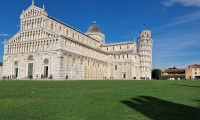
Itinerary for: Italy
Published by: Toni Martins
Visitando Soajo, Lindoso e Aldeia das Pontes
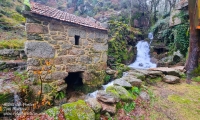
Itinerary for: Portugal
Distance to travel: 36km
Published by: Toni Martins
8 países (Republica Checa, Áustria, Eslováquia, Hungria, Croácia, Eslovénia, Itália, Alemanha)

Itinerary for Any vehicle
Itinerary for: Czech Republic
Distance to travel: 3370 km
Published by: Antonio Martins
Roteiro para visitar Cinque Terre em Autocaravana (MotorHome)
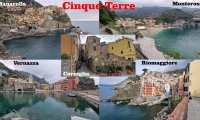
Itinerary for: Italy
Published by: Toni Martins
O que visitar, o que fazer em Buenos Aires

Itinerary for: Argentina
Published by: Angela Martins
Rota das Aldeias de Xisto
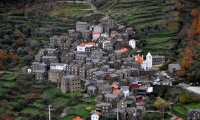
Itinerary for Any vehicle
Itinerary for: Portugal
Distance to travel: 429 km
Published by: Antonio Martins
Rota das Aldeias, Vilas e Cidades históricas do centro de Portugal
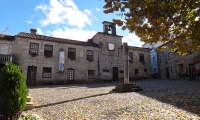
Itinerary for Any vehicle
Itinerary for: Portugal
Distance to travel: 595 km
Published by: Antonio Martins
Roteiro dos Castelos e Palácios do Vale do Loire

Itinerary for Any vehicle
Itinerary for: France
Distance to travel: 309 km
Published by: Toni Martins
Roteiro das Praias da Costa Vicentina
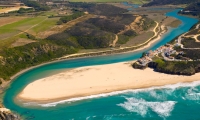
Itinerary for MotorHome
Itinerary for: Portugal
Distance to travel: 239 km
Published by: Antonio Martins
De Maputo à Ilha de Moçambique
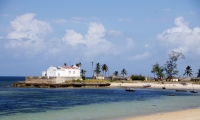
Itinerary for Any vehicle
Itinerary for: Mozambique
Distance to travel: 2994 km
Published by: Antonio Martins
Rota das Praias do Algarve
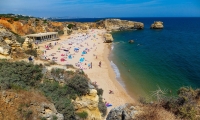
Itinerary for Any vehicle
Itinerary for: Portugal
Distance to travel: 200km
Published by: Antonio Martins
Roteiro Nápoles, Costa Amalfitana e Capri
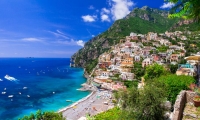
Itinerary for Any vehicle
Itinerary for: Italy
Distance to travel: 236 km
Published by: Toni Martins
Rota de Buenos Aires a Ushuaia ao longo da Ruta 3

Itinerary for 4x4
Itinerary for: Argentina
Distance to travel: 3900 km
Published by: Antonio Martins
Roteiro das vilas Medievais da Bretanha

Itinerary for Any vehicle
Itinerary for: France
Distance to travel: 729 km
Published by: Toni Martins
Rota dos Pirenéus Espanhóis
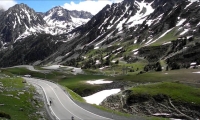
Itinerary for Any vehicle
Itinerary for: Spain
Distance to travel: 668 km
Published by: Toni Martins
Roteiro das praias e vilas históricas da região de Porto Seguro

Itinerary for: Brazil
Distance to travel: 155 km
Published by: Toni Martins
Escapadinha para visitar Castelo de Vide e Marvão
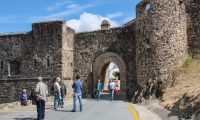
Itinerary for: Portugal
Published by: Toni Martins
Visitando a Toscana em carro de aluguer e autocaravana
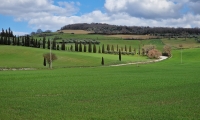
Itinerary for: Italy
Distance to travel: 200 km
Published by: Toni Martins
Roteiro dos Mais Belos Lagos de Itália
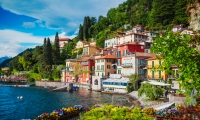
Itinerary for Any vehicle
Itinerary for: Italy
Distance to travel: 1305 km
Published by: Toni Martins
Rota das Cidades Históricas de Minas Gerais
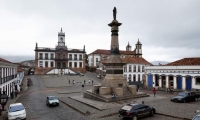
Itinerary for Any vehicle
Itinerary for: Brazil
Distance to travel: 1061 km
Published by: Antonio Martins
Do Rio de Janeiro a Santos
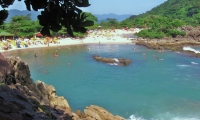
Itinerary for Any vehicle
Itinerary for: Brazil
Distance to travel: 589 km
Published by: Antonio Martins
Visitando a Aldeia de Pitões das Júnias
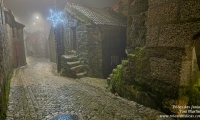
Itinerary for: Portugal
Published by: Toni Martins
Roteiro dos Alpes Franceses

Itinerary for Any vehicle
Itinerary for: France
Distance to travel: 1041 km
Published by: Toni Martins
Visitando Florença / Firenze, Toscana
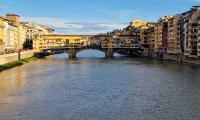
Itinerary for: Italy
Published by: Toni Martins
Rota Romântica da Alemanha

Itinerary for Any vehicle
Itinerary for: Germany
Distance to travel: 416 km
Published by: Toni Martins
Rota dos Castelos do Alentejo
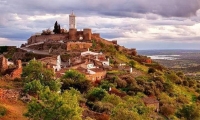
Itinerary for Any vehicle
Itinerary for: Portugal
Distance to travel: 431 km
Published by: Antonio Martins
Rota do Rio Guadiana
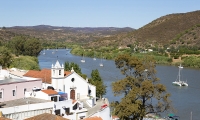
Itinerary for Any vehicle
Itinerary for: Portugal
Distance to travel: 309 km
Published by: Antonio Martins
Rota dos vinhos, das vilas e cidades mais bonitas da Alsácia
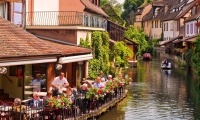
Itinerary for Any vehicle
Itinerary for: France
Distance to travel: 138 km
Published by: Toni Martins
Rota do Cacau
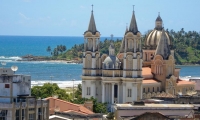
Itinerary for Any vehicle
Itinerary for: Brazil
Distance to travel: 750 km
Published by: Antonio Martins
Visitando as Cascate del Mulino, Termas de Saturnia
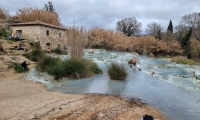
Itinerary for: Italy
Published by: Toni Martins
Why to book with ROTAS TURISTICAS
The best prices
Our partnerships with the world´s largest operators offer research on the best market prices.
More options
At Rotas Turisticos you can book the hotel, buy the air ticket, book the transfer from the airport to the hotel and vice versa, book the local excursions, rent the car, take travel insurance and consult the places to visit and where to go.
Holiday Tips & Destinations
Hundreds of holiday destinations with all the options that allow you to easily choose the destination that best suits your dream vacation.
ROTAS TURISTICAS
Links
